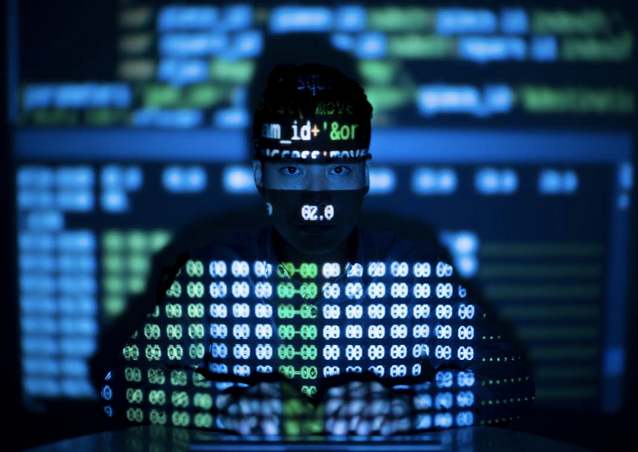The story told by American officials, cyberexperts and Mr. Macron’s own campaign aides of how a hacking attack intended to disrupt the most consequential election in France in decades ended up a dud was a useful reminder that as effective as cyberattacks can be in disabling Iranian nuclear plants, or Ukrainian power grids, they are no silver bullet. The kind of information warfare favored by Russia can be defeated by early warning and rapid exposure.
But that outcome was hardly assured on Friday night, when what was described as a “massive” hacking attack suddenly put Mr. Macron’s electoral chances in jeopardy. To French and American officials, however, it was hardly a surprise.
Testifying in front of the Senate Armed Services Committee in Washington on Tuesday, Adm. Michael S. Rogers, the director of the National Security Agency, said American intelligence agencies had seen the attack unfolding, telling their French counterparts, “Look, we’re watching the Russians. We’re seeing them penetrate some of your infrastructure. Here’s what we’ve seen. What can we do to try to assist?”
But the staff at Mr. Macron’s makeshift headquarters in the 15th Arrondissement at the edge of Paris didn’t need the N.S.A. to tell them they were being targeted: In December, after the former investment banker and finance minister had emerged as easily the most anti-Russian, pro-NATO and pro-European Union candidate in the presidential race, they began receiving phishing emails.




